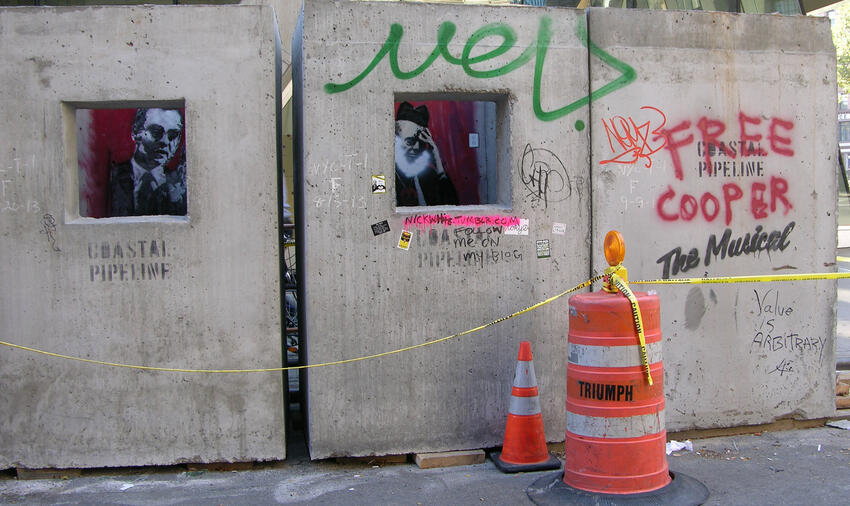Destabilizing Orders - Understanding the Consequences of Neoliberalism
Destabilizing Orders - Understanding the Consequences of Neoliberalism

 2013 street art at Cooper Square by English artist Banksy, CC BY-SA 3.0
2013 street art at Cooper Square by English artist Banksy, CC BY-SA 3.0
Through the long postwar period, crisis was a conjectural phenomenon, exceptional in a normalcy of growth and social progress. Many key concepts of the social sciences – indeed, our understanding of democracy, of embedded markets, of enlightened electorates, benevolent political elites, and problem-solving progressive alliances – seem inapt for understanding the current societal upheaval.
In the wake of the financial crisis of 2008, we have witnessed majority alliances breaking down, populism returning on a grand scale both in the Western world and globally, and the new patterns of social mobilization erupting into chaotic and sometimes violent protest. The forces that underpinned the framework of welfare capitalism seem obsolete in the face of financial and political elites that are paradoxically both disconnected from national territory and sometimes in direct alliance with nationalist and populist movements. Politics of resentment, politics of place, and new politics of class interact in ways that we do not yet understand. Perhaps the greatest paradox of all is that neoliberalism has spawned authoritarianism. At the same time, these processes are not at all new, but must be put in the context of the socioeconomic and cultural cleavages produced by the shift to neoliberalism since the 1970s.
The conference addresses the different facets of social destabilization that we observe today. It marks the fifth anniversary of the founding of MaxPo, the Max Planck Sciences Po Center on Coping with Instability in Market Societies. Presentations will analyze different aspects of the overarching phenomenon of social destabilization trying to identify common threats in the diverse developments currently to be observed.
Registration required (Day 1 - 12/01/2018)
Registration required (Day 2 - 13/01/2018)
Detailed programme here









